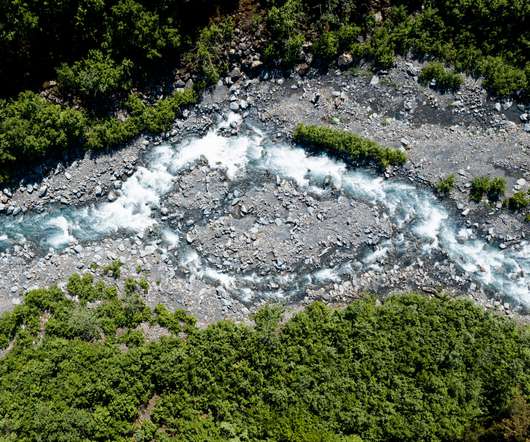Smartphone Learning
IT Bill
FEBRUARY 6, 2017
According to the ECAR 2016 Study of Undergraduate Students and Information Technology , 96% of undergraduate students now own a smartphone. Considering that community college students oftentimes have access to fewer resources, it seems at first that this would be counter-intuitive. ANDERSON, T (2003). References: Brooks, D.C.














Let's personalize your content